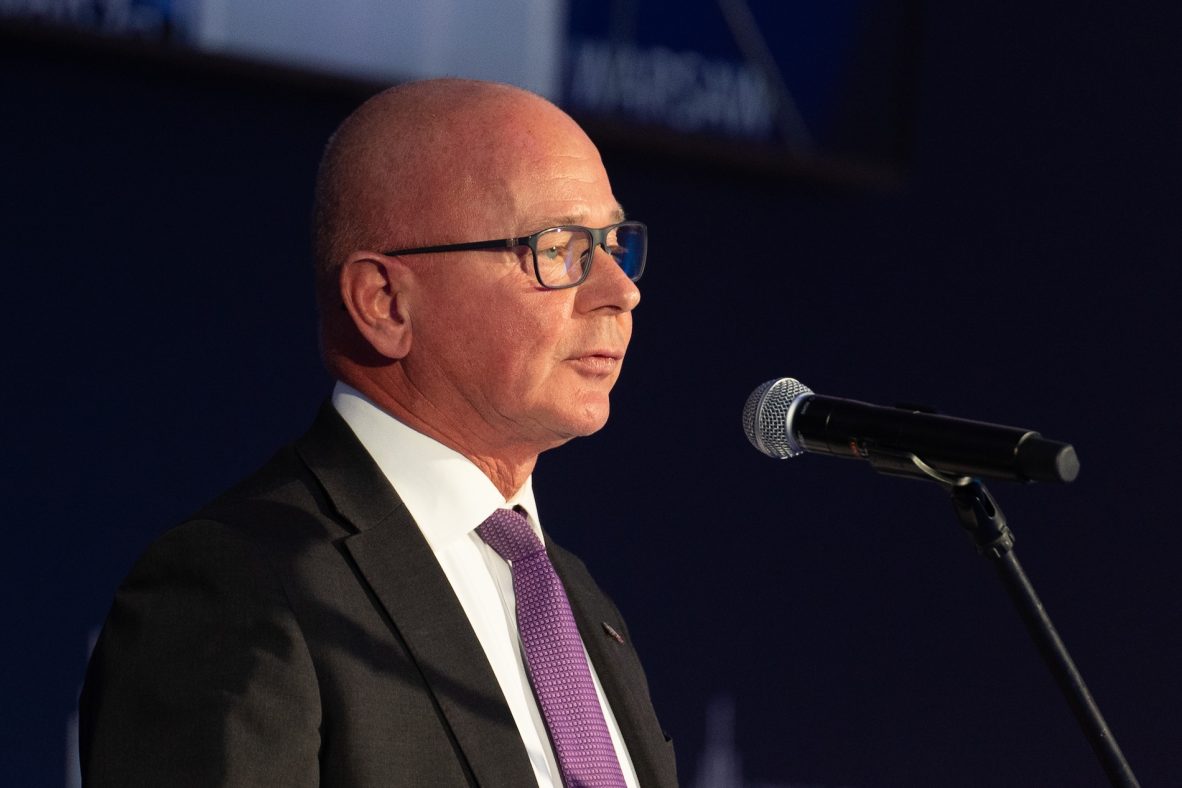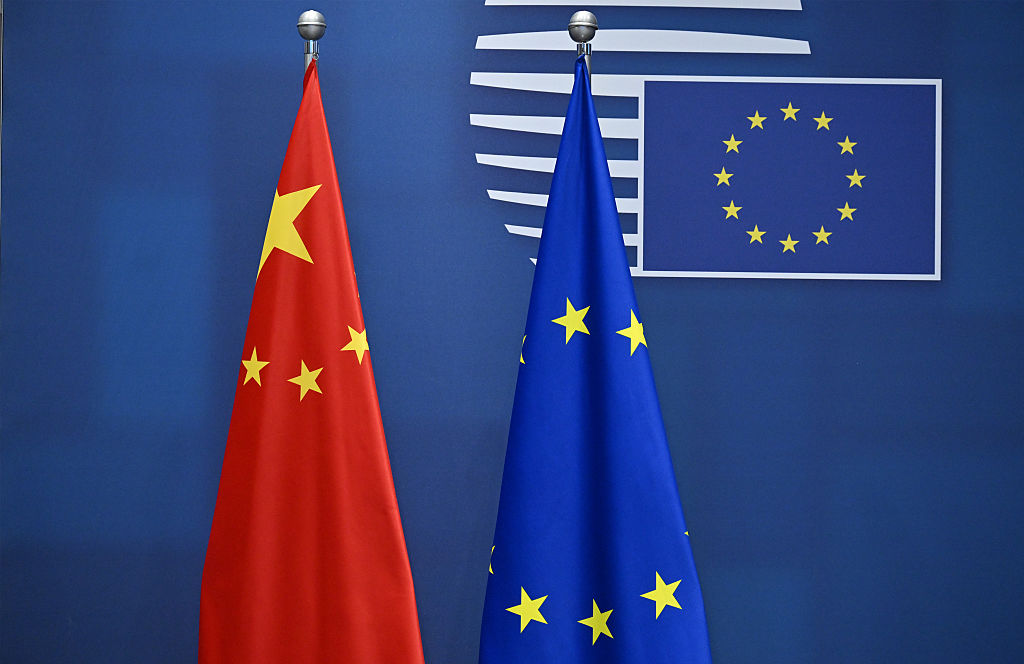China and Russia score big in Kazakhstan, leaving Europe on the sidelines
Astana is open for business, but on its own terms. Europe is struggling to match Chinese investment, speed and adaptability.

Kazakhstan is walking a fine diplomatic tightrope – deepening ties with China and Russia while preserving its strategic partnership with the European Union. At the heart of this balancing act lies an unmistakable message: in a world marked by fragmentation and competition, Astana is open for business – but on its own terms.
Addressing the second Central Asia-China summit held in Astana on 17 June, Kazakh President Kassym-Jomart Tokayev spoke of a new impetus for intensive and mutually beneficial cooperation with China.
He said relations between Central Asia and China have now reached the level of an “eternal, adaptable, and comprehensive” strategic partnership.
With intra-regional trade surpassing $10 billion over the past five years, China accounted for nearly 40 per cent of Central Asia’s foreign trade. This contributed to a record total of $95 billion, with Kazakhstan alone responsible for $44 billion of the figure.
The summit saw Central Asian countries and China sign more than 35 agreements worth over $17 billion, alongside a Treaty on Eternal Good-Neighbourliness, Friendship, and Cooperation – a document outlining new directions for bilateral engagement.
A new model of development
A Chinese state media editorial on the summit described the deepening partnership between China and Central Asian nations as a vital stabilising force in an increasingly fractured world.
Rooted in historical Silk Road ties and strengthened by 30 years of diplomatic cooperation, this relationship is presented as a new model of international relations, based on mutual respect, strategic trust, and shared development.
China and Central Asia are portrayed as champions of multilateralism, sovereignty, and dialogue, with the partnership offering a practical, inclusive model for sustainable global development, particularly aligned with the aspirations of the Global South.
Close friendship
In a separate meeting with China’s Xi Jinping at the Akorda presidential residence ahead of the summit, Tokayev described China as a “close friend and reliable partner” of Kazakhstan. The visit notably coincided with Xi’s 72nd birthday.
Both Xi and Tokayev highlighted the resilience of the bilateral relationship, describing it as a “natural demand for the prosperity of our countries” despite global geopolitical turbulence.
Some 5,000 Chinese-funded companies currently operate in Kazakhstan, and Tokayev emphasised the launch of joint projects in areas such as agriculture, logistics, nuclear energy, and culture.
Europe out? China and Russia in!
Xi’s visit to Astana and the summit came at a strategically significant time for Kazakhstan. The country recently announced the winning bids for its first nuclear power plants: Russia’s Rosatom and China National Nuclear Corporation (CNNC).
France’s EDF – the only European company shortlisted – ultimately failed to secure the contract, despite concerted diplomatic efforts, including Tokayev’s state visit to Paris and a personal visit by EDF’s chief executive to Kazakhstan.
Ahead of the decision, Kazakh officials had declared they were counting on Russia for the nuclear project. While concerns persist over Moscow’s involvement, Kazakhstan has stated that it will retain full ownership and control of the plant’s operations.
Long-term cooperation
Despite Europe’s setback on the nuclear front, the EU and Kazakhstan reaffirmed their strategic partnership during the 22nd meeting of the Cooperation Committee in Political Configuration.
Building on the outcomes of the EU-Central Asia summit held in Samarkand in April, discussions focused on trade, investment, transport connectivity, energy, climate, the rule of law, and visa liberalisation.
According to participants, the discussion laid the groundwork for sustainable, long-term cooperation. European officials described the partnership with Kazakhstan as solid and mature.
Where does Europe stand?
Although Kazakhstan pursues a multi-vector foreign policy, offering space for diverse partnerships, Europe’s failure to secure the nuclear contract could leave a bitter aftertaste.
The bloc remains Kazakhstan’s largest overall trading partner and foreign investor, but China and Russia hold the advantage in terms of direct state-to-state engagement. The new nuclear contracts could further entrench their strategic position in the country.
This leaves the EU once again scrambling to assert its relevance in Kazakhstan and the broader Central Asian region. Italy, with its tailored and pragmatic approach to ties with Astana and other regional capitals, may serve as a model for future EU engagement.
Europe, make haste now!
Kazakhstan sees its growing partnership with the EU as a cornerstone of a global strategy aimed at enhancing economic resilience and flexibility. The message was reinforced at the 2025 edition of the Astana International Forum (AIF), which served as a timely opening for EU member states to deepen their engagement.
If the EU wishes to avoid losing further ground – or another major contract – it must act swiftly and redefine its value proposition in the region.
[Edited By Brian Maguire | Euractiv’s Advocacy Lab ]









